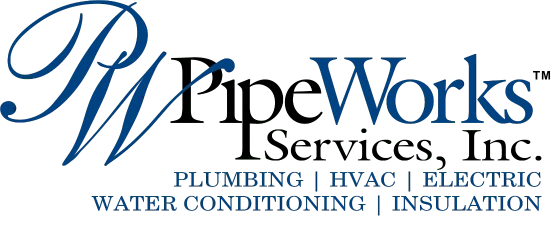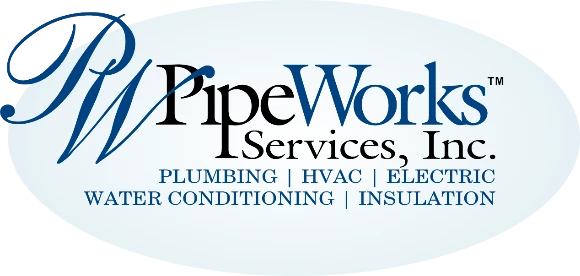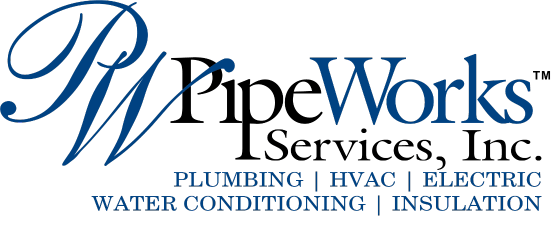To achieve maximum energy efficiency when you are heating or cooling your New Jersey home, your house needs to be insulated from the foundation up to the roof. During cold months, the heat in your home moves from the heated living space to cooler spaces such as basements and attics. During warmer months, the heat outside will flow toward the cooler indoor air. Properly installed insulation will block and reduce this flow. The higher the resistance to this flow, the lower your heating, and cooling energy costs will be. Where to add insulation: Basements, crawl spaces, and foundations: Adding insulation to these areas will reduce energy usage. Exterior walls: Properly insulated exterior walls play a major role in keeping your home comfortable. Attics: An attic can be one of the easiest, and most effective, areas to insulate. Be sure to insulate around the access door. Cathedral ceilings: Insulation may be installed in the space between the roof deck and the ceiling. Ductwork: Air ducts, which are usually made of thin metal, transport warmed and cooled air throughout your home. By wrapping these ducks in insulation, you prevent energy from being lost through the thin walls. Unheated Garage: The floor above an unheated garage area will draw cool air from the garage up, or warm air down into the garage. Types of insulation: Blanket Concrete blocks Foam board or rigid foam Insulating concrete forms (ICFs) Loose-fill Rigid fiber insulation Sprayed foam and foamed-in-place Structural insulated panels (SIPs) Fiberglass Mineral wool Polyurethane Foam board or liquid foam How much insulation to add: There are many factors to consider when deciding how much insulation to add to your home. The efficiency of insulation is measured in R-values, the higher the R-value, the better resistance to the transfer of heat or cold. Another factor in determining how much insulation you need is the Heating Degree Days (HDDs) for your area. The following links will provide additional information: Insulation Zip Code Insulation Program Heating Degree Days The most accurate and reliable method for determining how much insulation your home needs, and where it is needed, is to consult a local expert, give Pipe Works Services a call and we can refer you to someone who can help. Our goal is to help educate our customers about energy and home comfort issues (specific to HVAC systems). For more information, click here to download our free Home Comfort Resource guide. Pipe Works Services serves Chatham, NJ, and the surrounding areas. To get started, check out our website.
Insulation: How Much and Where to Put It
June 16, 2011
2 min
WHETHER YOU NEED PLUMBING, HVAC, ELECTRICAL, OR HOME INSULATION SERVICES, CONTACT OUR TEAM TODAY.
CHOOSE PIPE WORKS SERVICES FOR ALL OF YOUR HOME SERVICES NEEDS IN CHATHAM, NORTHERN & CENTRAL NJ
Contractor ID: 13VH001214700, Plumbing License: #B10420, HVAC License: #19HC00015100, Electrical License: #34EB01890900
This site is protected by reCAPTCHA and the Google Privacy Policy and Terms of Service apply.
©2024 Pipe Works Services. All Rights Reserved. Privacy Policy.




